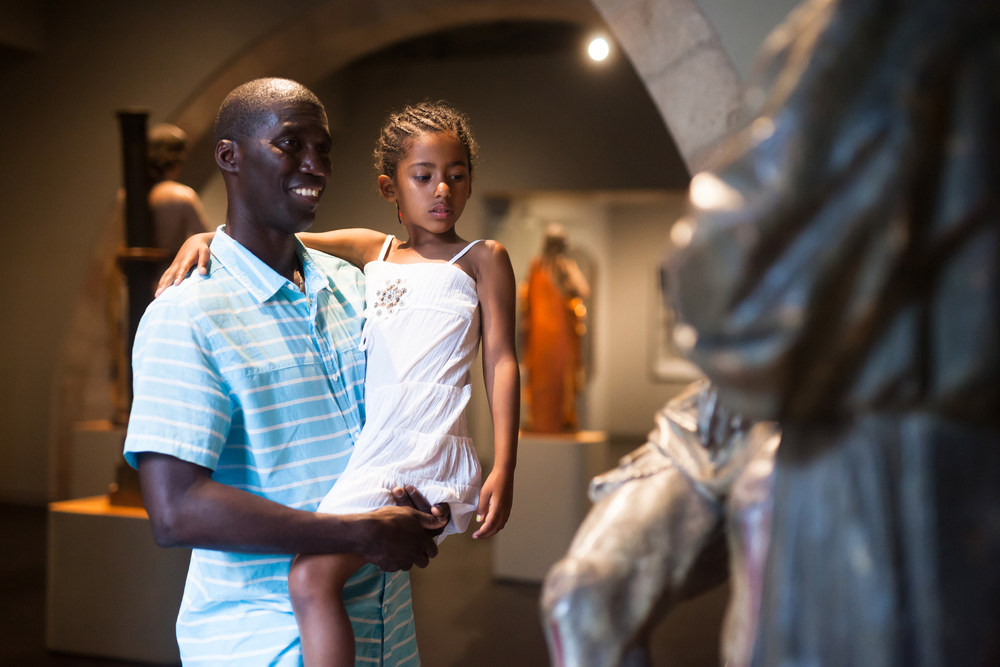Celebrating Black History Month in West Chester
February 17, 2022February is Black History Month, and the first Black History Month took place at Kent State University in 1970 after Black educators and the Black United Students proposed a way to honor and highlight the African diaspora’s shared history.
Six years after the first celebration at Kent State, Black History Month was being celebrated all across our country in educational institutions, centers of Black culture and community centers, both great and small. When President Gerald Ford recognized Black History Month in 1976, during the celebration of the US Bicentennial, he urged Americans to “seize the opportunity to honor the too-often neglected accomplishments of Black Americans in every area of endeavor throughout our history”.
In the Black community, Black History Month was met with enthusiastic response; it prompted the creation of Black history clubs, with an increase in interest among teachers, and interest from progressive whites. Today, it was a nationwide event with college majors dedicated entirely to the study of Black History. Taught in schools of all demographics across our nation, names like Fredrick Douglas and Harriet Tubman have become just as synonymous with American history as figures like George Washington and John Adams.
While we have a way to go for true equality in America, we can start by learning our shared history, as Black History is just as much American History as the stories of our white founding fathers. A true Civil Rights pioneer was born right here in West Chester, and his mark on history is much larger than our little town.
Bayard Rustin – Our local West Chester high school, Bayard Rustin High School, was named after an African American leader in social movements for civil rights, socialism, nonviolence, and gay rights. Born in West Chester in 1912, Bayard Rustin was a civil rights activist who worked closely with Martin Luther King in Montgomery, Alabama. In the early days of the Montgomery Bus Boycott, Rustin’s extensive background in the theory, strategies, and tactics of nonviolent direction action proved invaluable to Dr. King.
Rustin was also an activist for India’s independence from Great Britain. It was during this time that Rustin observed Gandhi’s form of nonviolent protest, which would inspire Rustin to later encourage MLK to study Gandhi’s methods. Rustin became involved in the March on Washington in 1962 when he was recruited by A. Philip Randolph. The march was planned to be a commemoration of the Emancipation Proclamation one hundred years earlier. Rustin was instrumental in organizing the march. He drilled off-duty police officers as marshals, bus captains to direct traffic, and scheduled the podium speakers.
Rustin was a gay man and, due to criticism over his sexuality, he usually acted as an influential adviser behind the scenes to civil-rights leaders. In the 1980s, he became a public advocate on behalf of gay causes, speaking at events as an activist and supporter of human rights.
On November 20, 2013, President Barack Obama posthumously awarded Rustin the Presidential Medal of Freedom.


